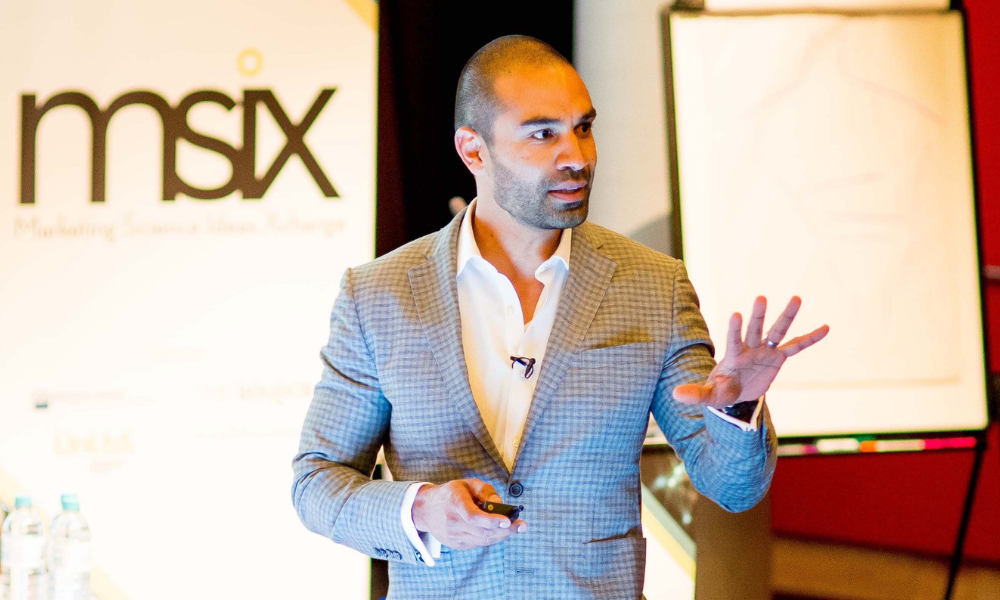
'Adopting a scientific approach to how decisions are made is critical,' says expert

Leaders across Australia should strive to be self-aware about their limits as humans in order to improve decision-making outcomes within their organisations.
That’s because human brains lack the tools to combat the unconscious processes that potentially influence decision-making errors, according to a recent paper from Decision Design.
Recognising these limits is the first key in improving decision-making outcomes, according to Johann Ponnampalam, founder of Decision Design.
"I feel like the first necessary step is for leaders to take a step back and have self-awareness that the brain wasn't necessarily designed that well to doing the corporate things needed to make this decision," Ponnampalam told HRD.
"The human brain isn't necessarily the best technology to make the complex decisions we're making today. The human brain evolution is a very extraordinarily slow process, and our human brain evolved to make simpler decisions."
Decision-making factories
Design's report highlights that organisations are decision-making factories.
"When we really take a step back and think about how organisations operate — any organisation, big or small, private sector, public sector, government, for-profit etcetera — they are effectively collectives of people coming together and making decisions," Ponnampalam said.
And the quality of decisions makes a substantial impact on an organisation. In fact, more than nine in 10 respondents of the paper agreed that their organisations cannot function without quality decision-making.
According to Ponnampalam, poor decision making could result in loss of money, loss of customers, increase in business costs, and business processes becoming less effective. It could also negatively impact employee engagement and retention.
Improving decision-making
To avoid these consequences, he advocates for further investment in organisations' decision-making muscle.
"Adopting a scientific approach to how decisions are made is critical to ensure they are informed, objective, aligned with organisational goals and debiased of hard-wired decision-making errors," he said in a previous statement.
This also includes the application of debiasing processes pioneered by HR leaders within organisations.
"Debiasing selection is very much trying to prevent stereotypical beliefs from erroneously, incorrectly influencing a decision of whether or not we should hire someone," Ponnampalam told HRD.
"So, if you take that way of thinking - how about we point that at a board?" he said. "I think the opportunity to apply and debias — the approach of deep biasing is huge. It's across all aspects of organisational decision making."
Improved quality decision making lends better results, according to the Decision Design report, with more profit, increased sales, and reduced costs.
In the workforce, better outcomes in upskilling as well as employee engagement and retention can be achieved, according to Ponnampalam.